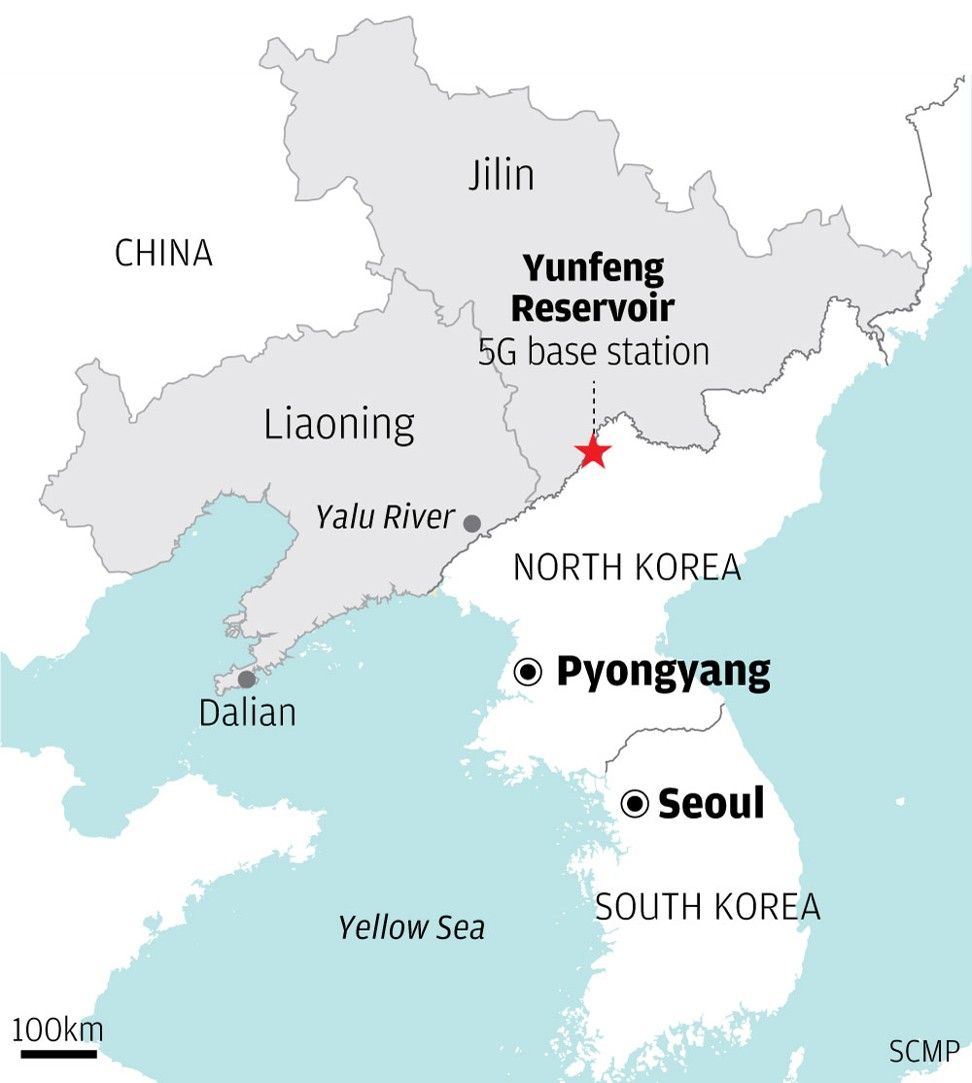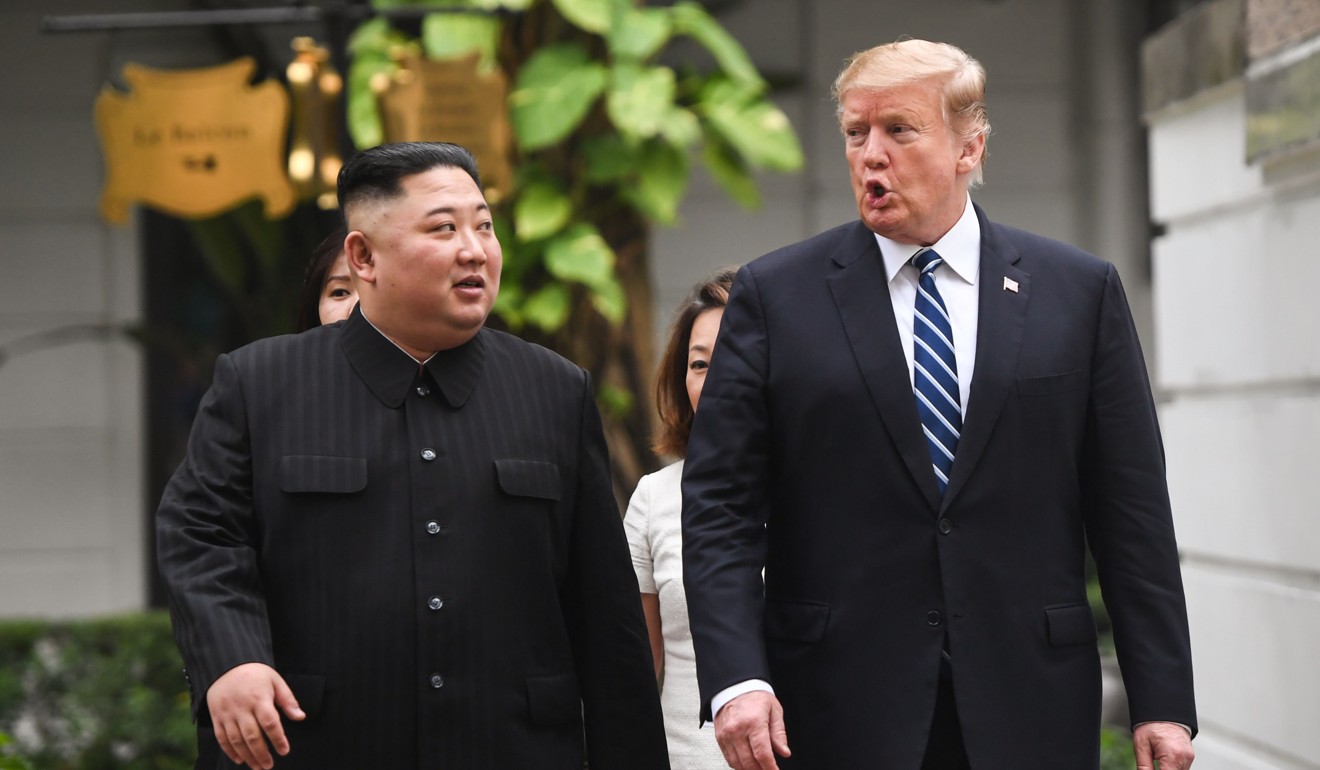Minnie Chan
 A North Korean official stands guard on a rural road. China expects a rise in the number of refugees crossing the border this summer amid a severe food shortage. Photo: AP
A North Korean official stands guard on a rural road. China expects a rise in the number of refugees crossing the border this summer amid a severe food shortage. Photo: AP
A Chinese border patrol unit plans to use 5G technology to help stem the flow of refugees from North Korea and smuggled goods between the two countries, according to mainland Chinese media.
The unit in Tonghua, Jilin province, signed an agreement with China Mobile – the largest wireless network operator – on March 23 to build the country’s first 5G checkpoint at Unbong, or Yunfeng Reservoir in Chinese, Legal Dailyreported.
“Jilin is one of the pilot provinces for 5G network transmission in China … [so it has] seized the opportunity to sign a strategic cooperation agreement with the Tonghua branch of China Mobile,” according to the report.
“The Yunfeng checkpoint faces great difficulties in [border] control because it is in the mountains and covers a large area with many major road junctions, so [they] decided to set up China’s first 5G border checkpoint there,” the report said.
The checkpoint is located within Jian, a county-level city administered by Tonghua. Jian was the capital of Goguryeo, one of three ancient kingdoms of Korea. Because of its historical link, Jian is now a key border trading area between China and North Korea and a favourite crossing point for North Korean refugees and smugglers of food, goods and cash.

According to the Legal Daily report, Yunfeng border police would trial the use of new technologies such as virtual reality glasses, simultaneously updating logbooks, drones and 4K night-vision monitors to patrol the border when the 5G network is fully established. The report did not say when the project would be completed.
Analysts said the development came as China was expecting a significant rise in the number of North Korean refugees crossing the border this summer as its northern neighbour faced a severe food shortage.
“A food crisis is brewing in North Korea and the situation is expected to get worse in summer,” said Beijing-based military expert Zhou Chenming. “China expects that many North Korean refugees will try to cross the border into Jilin province.
“A big headache for Beijing is that many of these refugees have a military background and they carry arms – Chinese leaders worry they could smuggle in guns and cause security issues,” he said.
“It’s actually very difficult for Chinese border police to deal with the North Korean refugees because many of them carry rifles or even machine guns.”

Talks collapsed between North Korean leader Kim Jong-un and US President Donald Trump in Hanoi in February. Photo: AFP
Share:
North Korea had hoped negotiations with the United States would lead to a lifting of economic sanctions on the country but that hope was dashed after talks collapsed in February between its leader, Kim Jung-un, and US President Donald Trump.
Zhou said the Yunfeng base station was a pilot project for China Mobile as it sought to improve its 5G technology. It would help the border police monitor cross-border movements because of its powerful transmission speed, use of big data analytics and other security features, he said.
China and the US are competing for leadership on 5G technology but its military applications are still at an early stage. Antony Wong Dong, a military expert based in Macau, said the two countries were testing its use through trial applications. “The 5G [technology] is costly and there are many security problems that need to be resolved before it can be used for military purposes,” Wong said.
No comments:
Post a Comment